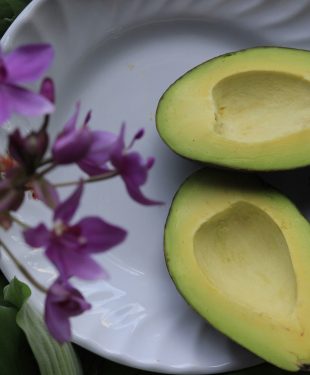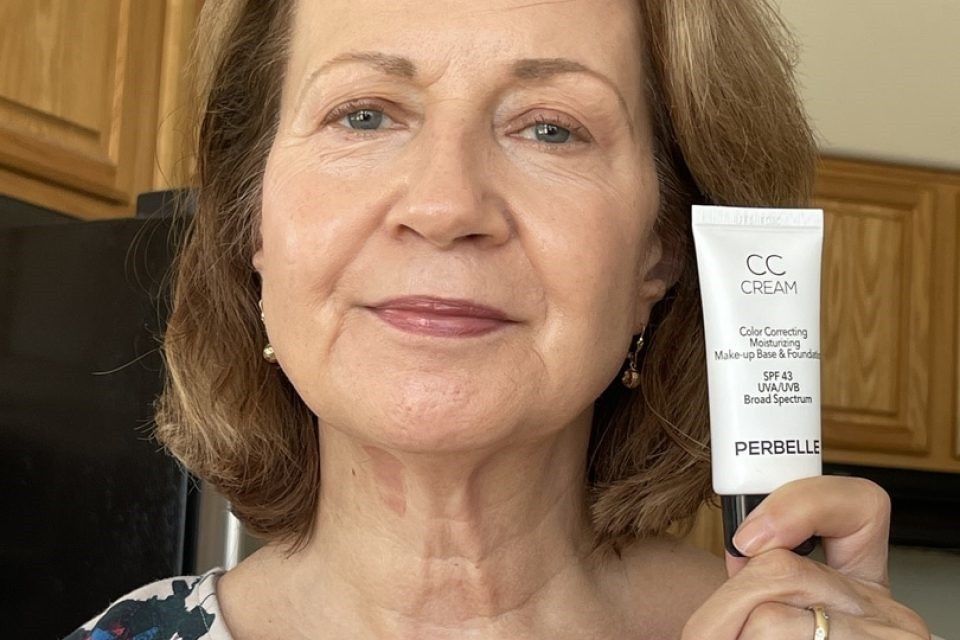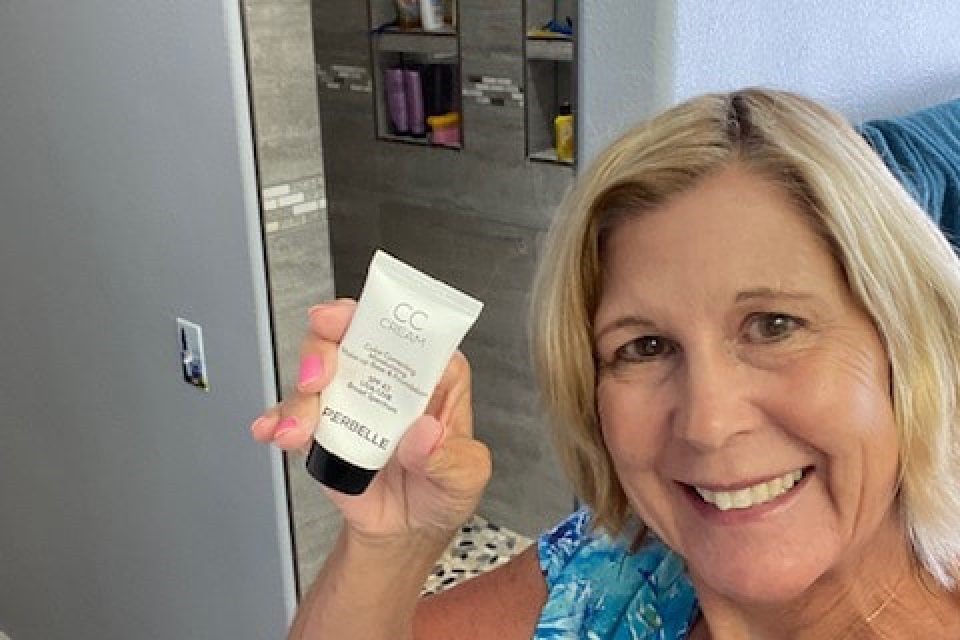Skin Nutrition
Today we want to provide tips on what you need to know about skin nutrition. Every individual skin is as unique as their fingerprint. A CC cream that works for one person might not work for another because of varying diet patterns. Understanding your skin type and tailoring your diet to achieve healthy, glowing skin is crucial. Eating a proper diet is essential to harness the power of nutrition for your skin. Let us understand the body’s nutrient requirements for radiating skin.
Know Your Skin Type
1. Oily skin
- If you frequently experience excess shine, especially in the T-zone.
- Enlarged pores and occasional acne appearance may occur.
- Your skin may be greasy when you touch it.
2. Dry Skin
- Your skin often appears to be tight, rough, or flaky
- You may experience irritation or redness commonly
- Fine lines and wrinkles may appear more noticeable.
3. Combination Skin
- Some areas of your face, like the forehead and nose, tend to be oily, while the cheeks are dry.
- You may experience occasional breakouts and dry patches.
4. Sensitive Skin
- Skin is prone to itching, redness, and irritation.
- You may react to skincare products or environmental factors.
- It can feel tight or uncomfortable, especially after exposure to harsh conditions.

Foods for Various Skin Types:
It is now evident that each of you has a different skin type. Choosing a CC cream according to your skin requires skincare and a diet specifically prepared according to your body’s needs. Here are various skin types and food items for inner glow.
Oily Skin
- Leafy Greens: Natural greens like Spinach, Kale, and Swiss Chard are a powerhouse of nutrients, including vitamins A and C, which are essential for skin health. These vitamins aid in controlling excess oil production, reducing inflammation, and preventing acne outbreaks.
- Probiotic Foods: Probiotic-rich foods such as Yogurt, Kefir, and Kimchi are fantastic for individuals with oily skin as they promote a healthy gut microbiome. An imbalanced gut can contribute to skin issues, including excess oil production and acne. Gut flora are balanced with the help of probiotics, reducing inflammation and potentially leading to improved skin conditions.
- Fatty Fish: fatty fish are an excellent source of omega-3 fatty acids, which possess potent anti-inflammatory properties. This is especially beneficial for those with oily skin as it helps reduce inflammation and regulates oil production.

Photo by on Pexels
Dry Skin
- Avocado: It is a rich source of healthy monounsaturated fats essential for maintaining skin’s moisture and elasticity. Avocado is also packed with vitamin E, a potent antioxidant that helps protect the skin from free radical damage and supports skin repair.
- Nuts and Seeds: Nuts and seeds, such as almonds, walnuts, and flaxseeds, are rich sources of omega-3 fatty acids. Similar to avocado nuts, almonds are abundant in vitamin E, which nourishes and hydrates the skin.
- Sweet Potatoes: Sweet Potatoes are rich in beta-carotene, an antioxidant that the body can convert into vitamin A. Sweet potatoes also contain a significant amount of water, contributing to skin hydration.
Combination Skin
- Berries: Berries such as blueberries, strawberries, and raspberries are rich in antioxidants, such as vitamin C, and various phytochemicals known for their skin-protecting properties. Antioxidants help combat free radicals, reduce inflammation, and promote skin health.
- Whole Grain: Whole grains like oats, quinoa, and brown rice are complex carbohydrates that provide a steady release of energy. They are a good source of dietary fiber, which aids in the digestion and absorption of nutrients.
- Green Tea: Renowned for its high antioxidant content, it helps protect skin from the free radical damage caused by UV radiation and environmental pollutants. Green tea also possesses anti-inflammatory properties, which can help soothe redness and irritation commonly associated with combination skin.
Sensitive Skin
- Cucumbers: Cucumbers have a natural cooling effect when applied topically or consumed. This cooling property can help reduce skin redness and irritation often experienced by individuals with sensitive skin.
- Olive Oil: Extra virgin oil contains powerful anti-inflammatory compounds such as oleocanthal and oleuropein. These compounds can help soothe and calm sensitive skin when applied topically or consumed in moderation.
- Chamomile Tea: Chamomile tea is known for its calming and anti-inflammatory benefits. It is suitable for reducing skin irritation caused by various factors, including environmental stressors.

General Tips for All Skin Types:
- Limit Processed Food: Sugary and processed foods can cause inflammation and skin issues such as acne. Reducing the intake of these foods can benefit all skin types.
- Stay Hydrated: Regardless of skin type, drink water regularly throughout the day.
- Antioxidants: Incorporate food items rich in antioxidants, like fruits and vegetables, to protect your skin from radical damage.
- Balance is key: Achieving a balanced diet with various nutrient-rich foods and good skincare products is essential.
- Use good quality products: Use CC creams that usually blend into your skin and do not cause any irritation.
Conclusion
Your skin is unique, and your diet should reflect that individuality. As you understand your skin’s inner needs, you can also incorporate cc creams that suit your skin routine. You should check the CC cream reviews before you incorporate any skincare products.
Read more beauty and skin care articles at ClichéMag.com
Images provided by Deposit Photos, BingAI, Adobe Stock, Unsplash, Pexels, Pixabay & Creative Commons



